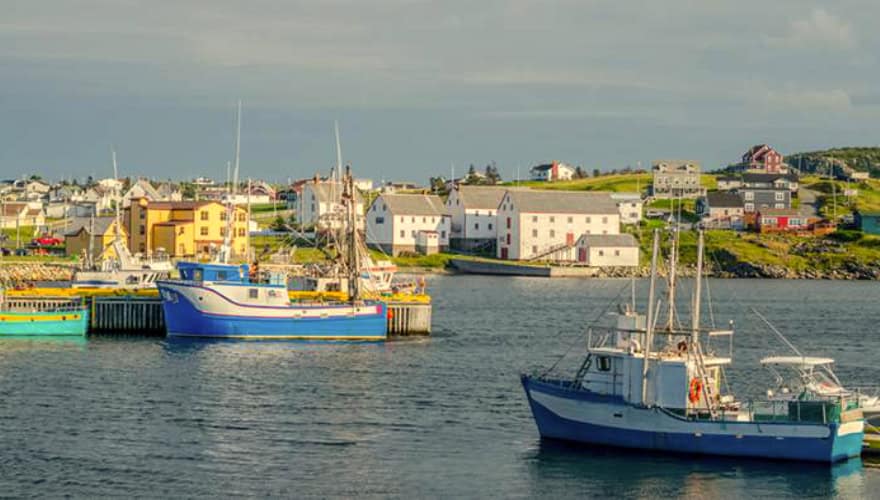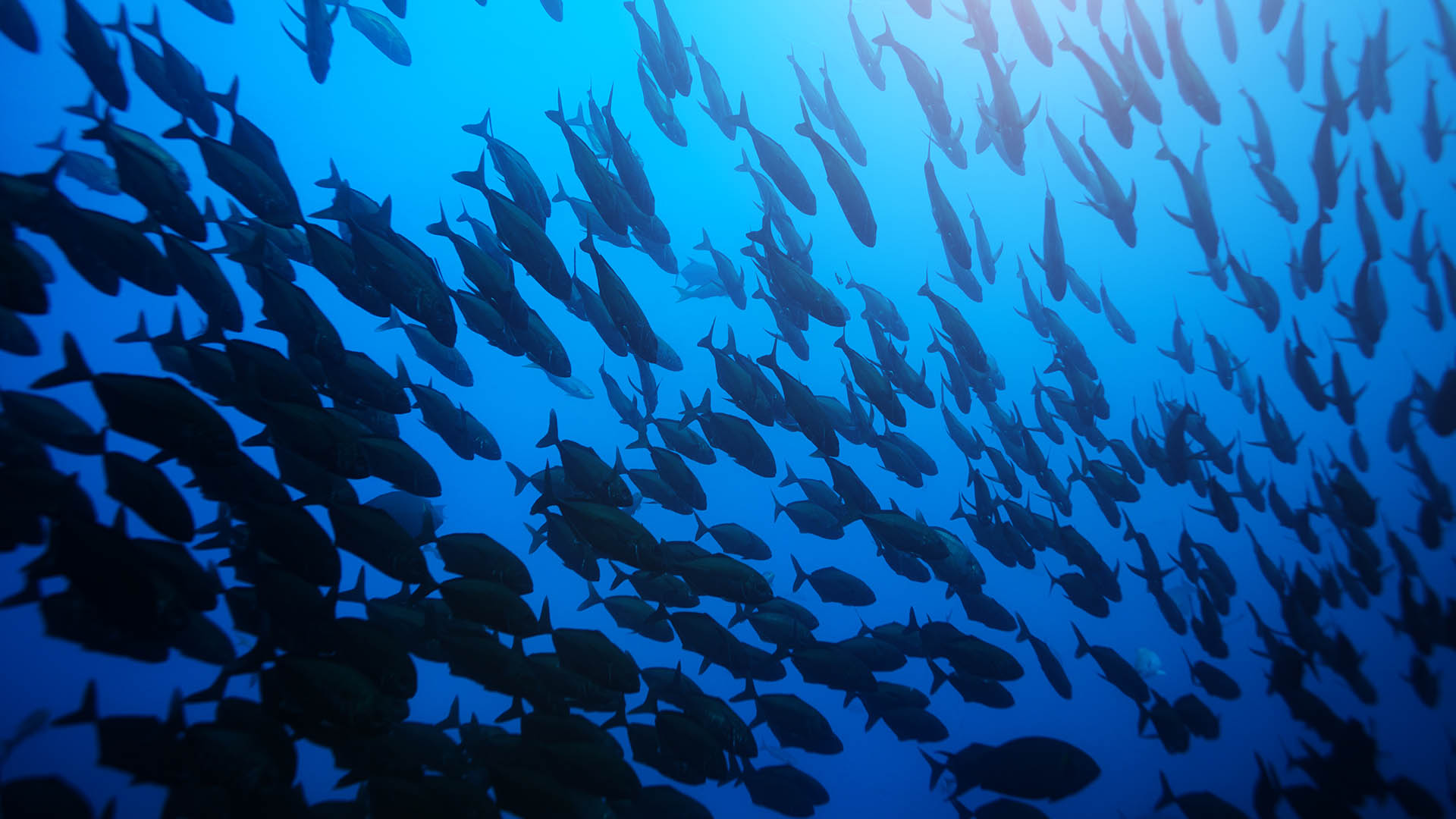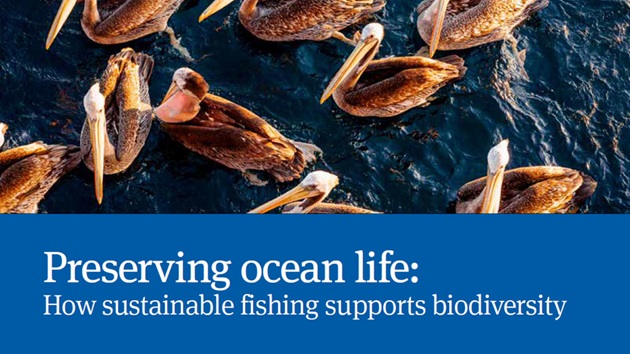As Sir David Attenborough celebrates his 99th birthday, the legendary broadcaster and conservationist is using his voice to sound the alarm. This time he’s addressing the mounting pressure that human activity is placing on our oceans. His new film, Ocean, highlights a growing crisis: the degradation of the ocean’s delicate ecosystems, which are vital not only for biodiversity but also for human livelihoods. Something I know all too well.
I grew up in Newfoundland, a large windswept island off the east coast of Canada and the community at the heart of the famous collapse of the Grand Banks cod fishery.
Discovered by European settlers, and once believed to be inexhaustible, cod was Newfoundland’s currency, quickly becoming the cultural and economic bedrock of the local economy, binding communities and people together.
That ended abruptly one day in 1992, when the government banned all commercial cod fishing on the east coast. Overnight, 30,000 people lost their jobs, and the once thriving fishing communities turned into ghost towns as processing plants and fisheries shut down.
Overfishing was the key factor in the collapse of this once iconic fishery, with the stock so low in the 90s, cod was considered an extirpated species. The ban was necessary to protect what little was left, safeguard the ecosystem, and allow stocks to replenish.
The impact and legacy of the closure is still felt within communities today. Only now are we seeing signs of recovery – a testament to nature’s ability to rebound, but at a high price to this species, and the local communities who relied on its health for prosperity.

A delicate, essential balance
Thirty years on, the legacy of the Newfoundland cod stock collapse is still being cited in conversations about seafood sustainability. But now fisheries management is equipped with the lessons of the past, and scientific advances allow greater understanding of the impact of human activity on the marine environment.
We know seafood consumption continues to rise - driven by a growing global population who rely on seafood as an essential food source, and a demand for low-carbon, protein-rich diets – and the pressure on our precious marine resources rises with it. This underscores the urgent need to manage our oceans in a way that meets both human and environmental needs. Striking this balance is not optional - it is essential for sustaining both nature and the tens of millions of people whose livelihoods depend on the sea.
Adapting to challenges
Robust, evidence-based science is critical in securing effective fisheries management that, if done well, can help ensure catch limits are set according to scientific advice, critical habitats are protected, and fishing practices are regulated to safeguard marine biodiversity and protect important stocks.
With oceans now facing the compounding impacts of climate change, these practices must scale up fast, and globally. While Attenborough’s film rightly warns of the devastation caused by poorly managed fishing, there is also a more hopeful perspective: many fisheries – large scale as well as small-scale - are rising to the challenge; adapting, innovating, and leading the way toward a more sustainable future.
These stories offer a blueprint for the future. Sustainable practices aren’t just an ideal, they are a practical, proven pathway forward. Collaboration between governments, scientists, fishers, NGOs, and the communities that rely on healthy, productive fish stocks is essential if we are to protect marine ecosystems at the speed and scale required.
People will continue to eat seafood. Fishers will continue to fish. The challenge - and opportunity - is to ensure that sustainable fisheries are at the heart of both conservation and food security strategies for generations to come.



